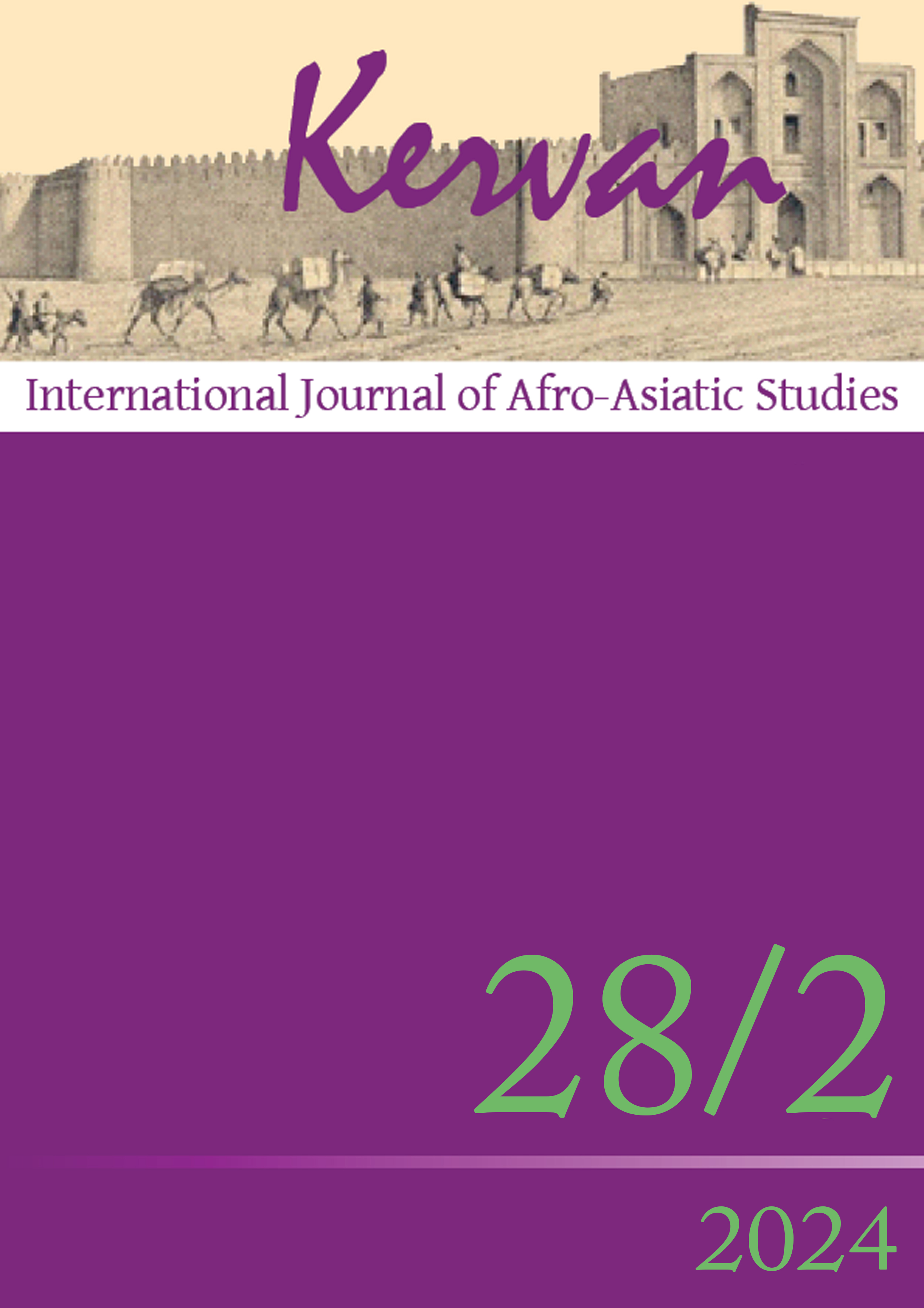Communicating isolation and personal struggle: Nagata Kabi’s My Lesbian Experience with loneliness
DOI:
https://doi.org/10.13135/1825-263X/11457Abstract
In June 2018, Nagata Kabi achieved unexpected international success by winning the Harvey Award for her essay manga, ‘My Lesbian Experience with Loneliness’ (Sabishisugite Rezu Fūzoku ni Ikimashita Repo). The plot is quite simple: the author, a 28-year-old Japanese woman with no sexual experience and a history of mental health issues, decides to hire a female escort to have sex for the very first time.
Despite the seemingly straightforward plot, this manga is not about sex. The original title, which translates to ‘Report: I was too lonely, so I went to a lesbian escort service,’ reflects the main theme of Nagata’s struggle with loneliness and her continuous search for belonging. Sex with a sex worker serves as a tool for Nagata to explore her physical and mental status, her vulnerabilities, and to express her personal development.
Nagata is an outcast for the standards of the Japanese society: despite being an adult, she is not employed full-time, and her aspiration to pursue a career in the manga world concerns her parents. Additionally, her homosexuality further marginalizes her. Nagata’s deviation from the societal norms is underscored by her limited sexual knowledge, acquired solely from reading manga. Initially, Nagata’s struggle appears to revolve around meeting parental expectations and becoming a shakaijin, or a fully functioning member of Japanese society. However, it ultimately evolves into a journey of learning to relate to others, demonstrating how sex (and manga) can serve as a means of communication among individuals.
This article examines how Nagata, through her manga, portrays the communication challenges faced by individuals who do not fit neatly into established categories, particularly those who experience a life development following a ‘queer temporality,’ in contrast to heteronormative life trajectories. Ultimately, it demonstrates how manga can serve as a tool to alleviate isolation for individuals who do not conform to the established norms of Japanese society.
Downloads
Downloads
Published
Issue
Section
License
Gli autori che pubblicano su Kervan accettano le seguenti condizioni:
- Gli autori mantengono i diritti sulla loro opera e cedono alla rivista il diritto di prima pubblicazione dell'opera, contemporaneamente licenziata sotto una Licenza Creative Commons - Attribuzione che permette ad altri di condividere l'opera indicando la paternità intellettuale e la prima pubblicazione su questa rivista.
- Gli autori possono aderire ad altri accordi di licenza non esclusiva per la distribuzione della versione dell'opera pubblicata (es. depositarla in un archivio istituzionale o pubblicarla in una monografia), a patto di indicare che la prima pubblicazione è avvenuta su questa rivista.


 The articles that have appeared on Kervan since 2016 are rated as Class A in the system of National Scientific Qualification (ASN, disciplines 10/N1 and 10/N3).
The articles that have appeared on Kervan since 2016 are rated as Class A in the system of National Scientific Qualification (ASN, disciplines 10/N1 and 10/N3). The journal has been approved for inclusion in DOAJ. The DOAJ listing of the journal is available at
The journal has been approved for inclusion in DOAJ. The DOAJ listing of the journal is available at  The journal has been approved for inclusion in ERIH PLUS. The ERIH PLUS listing of the journal is available at
The journal has been approved for inclusion in ERIH PLUS. The ERIH PLUS listing of the journal is available at  Kervan was just accepted for indexing in SCOPUS. This important milestone ensures that articles published in Kervan are easily found when searching for library, archives and Information science and it enables Kervan authors to keep track of how often their article has been cited by others.
Kervan was just accepted for indexing in SCOPUS. This important milestone ensures that articles published in Kervan are easily found when searching for library, archives and Information science and it enables Kervan authors to keep track of how often their article has been cited by others.

